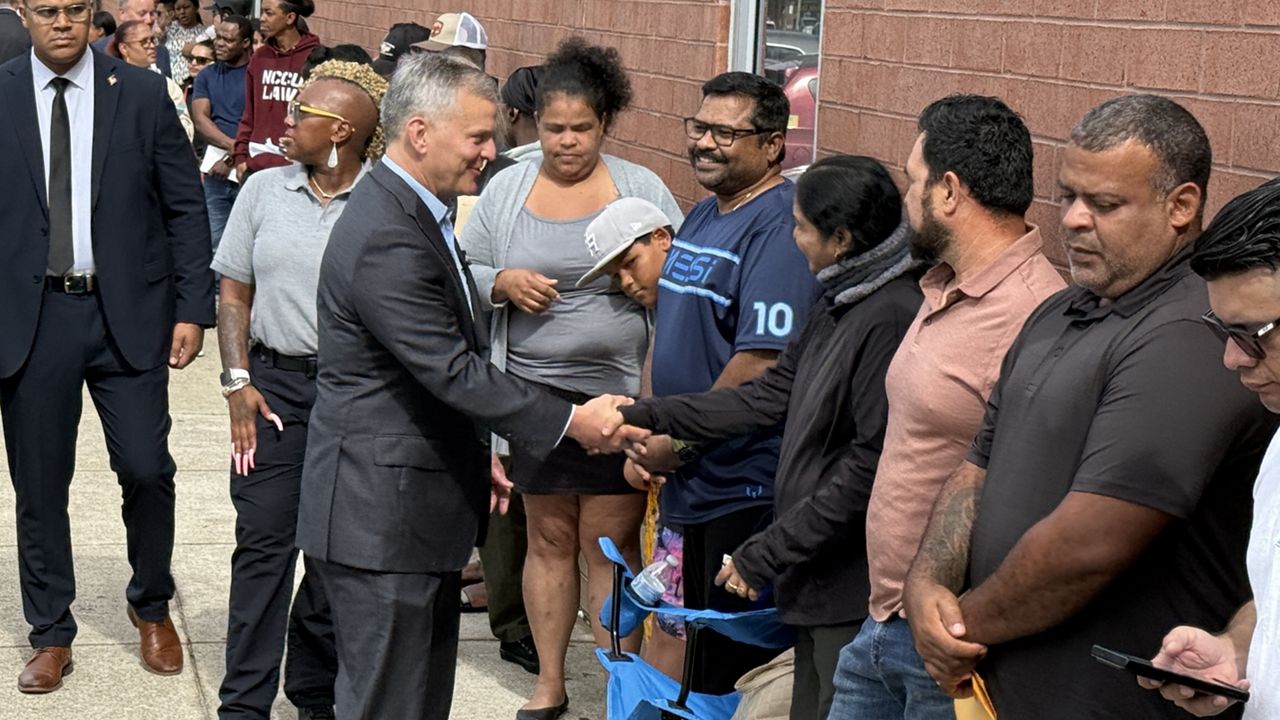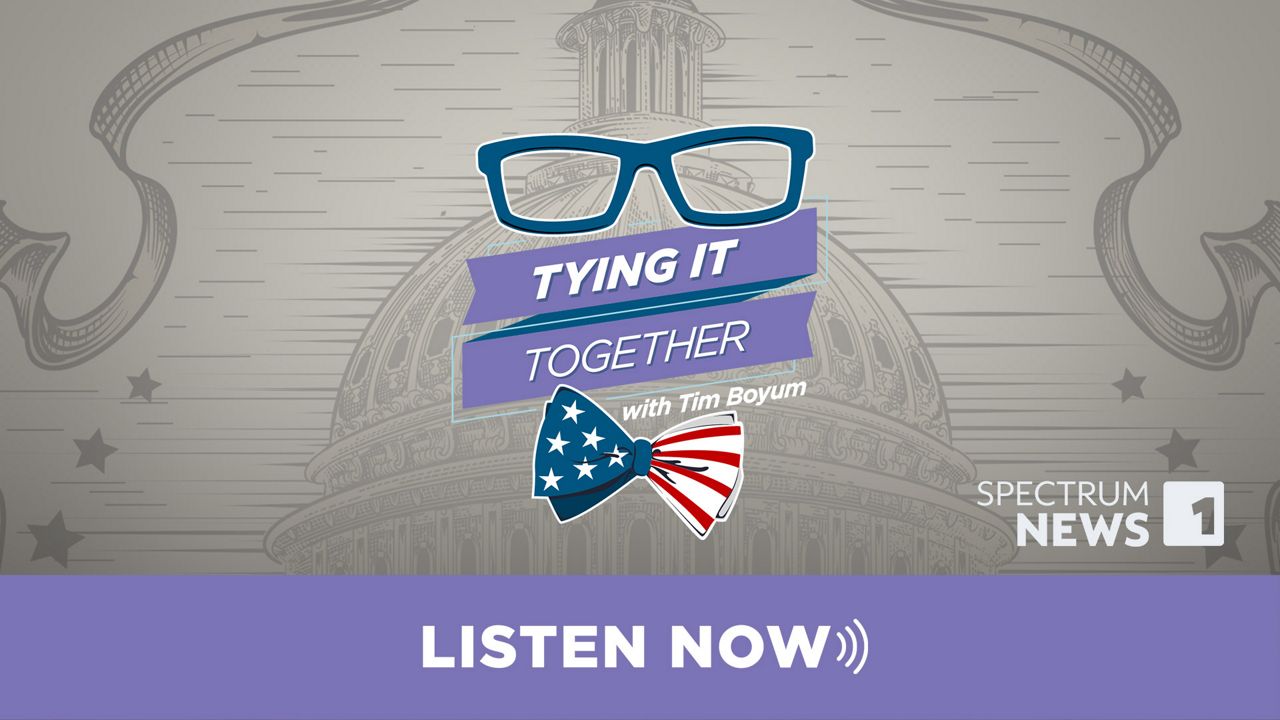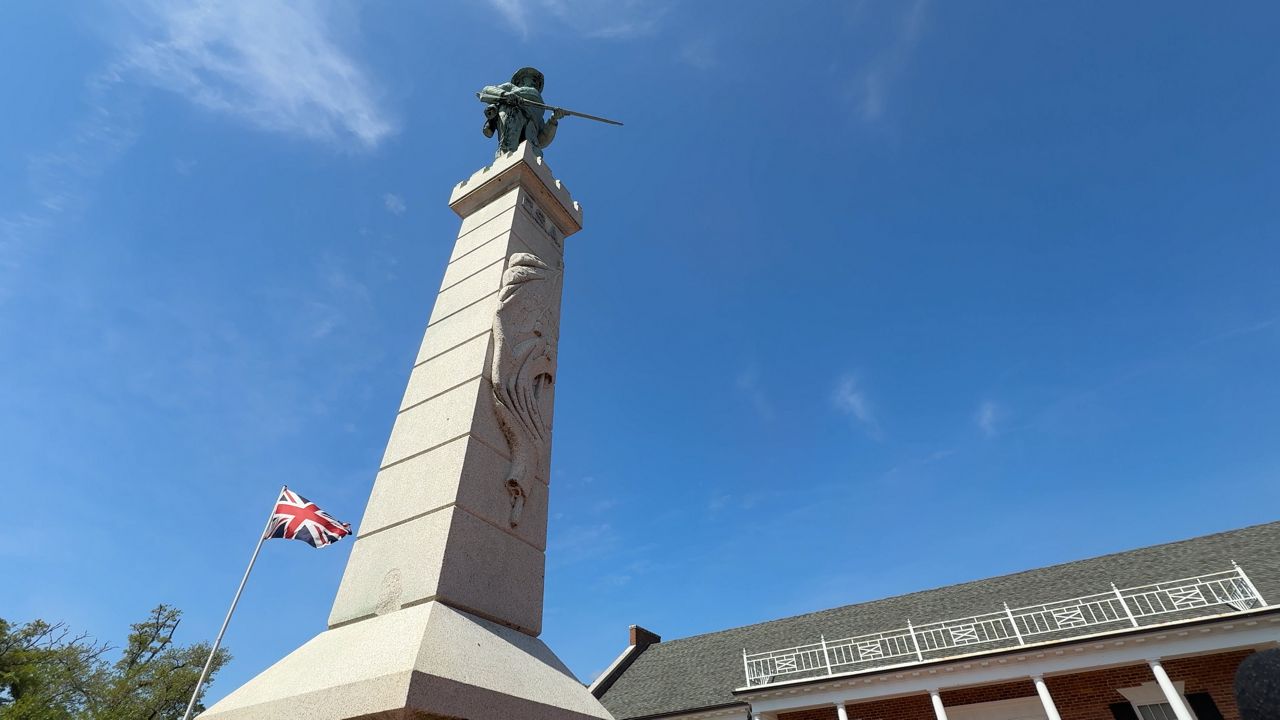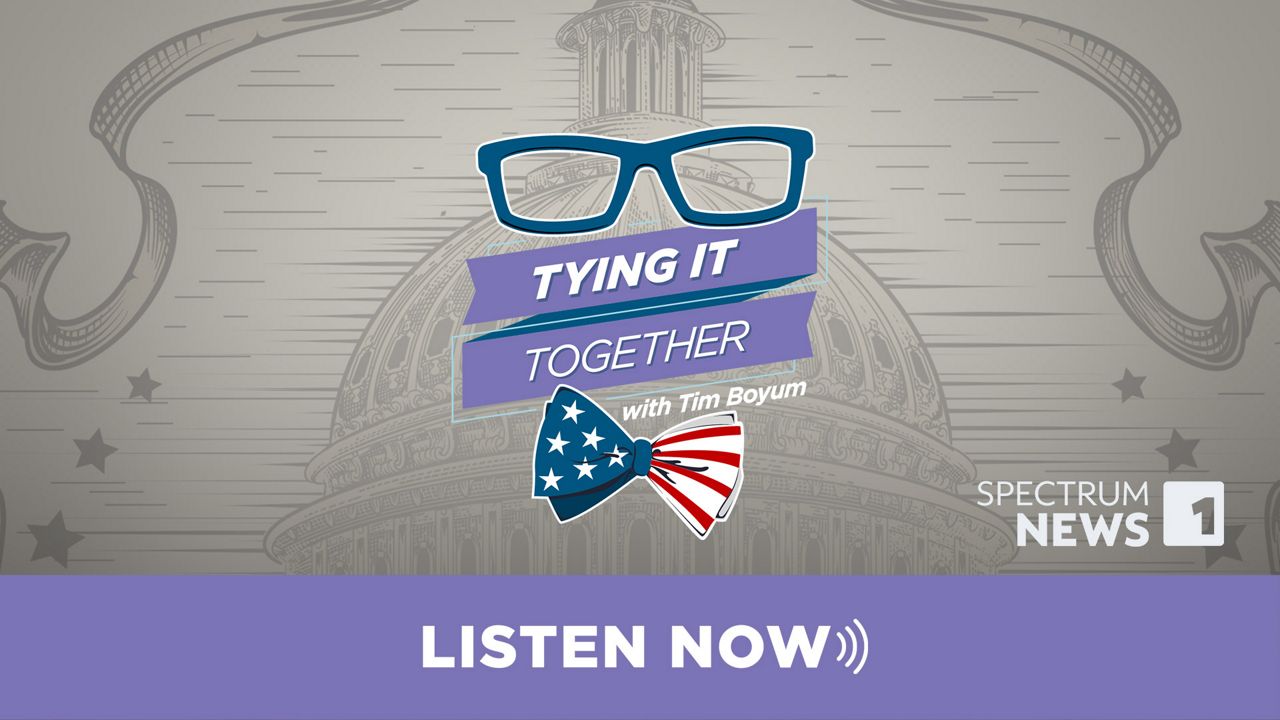WASHINGTON, D.C. -- As North Carolina rolls back restrictions and the economy begins to reopen, should businesses have extra protection from lawsuits stemming from the coronavirus?
That could be a defining issue on Capitol Hill, as lawmakers look to craft yet another relief bill in response to the pandemic.
Republicans are pushing for liability protections as part of any deal.
In a recent interview, Rep. Dan Bishop, R-9th District, expressed concern that lawsuits tied to the outbreak and safety in the workplace could get in the way of restarting the economy.
“The most important thing for small business is certainty,” Bishop says. “If they are circled by ambitious and opportunistic trial lawyers who want to hold people up for a few thousand dollars here, a few thousand there, it will stymie our ability to get back on our feet.”
It is unclear if and when the next coronavirus aid package will come together on Capitol Hill.
Last week, the U.S. House approved a $3 trillion proposal labeled 'dead on arrival' in the U.S. Senate. The centerpiece of that plan was nearly $1 trillion in assistance for states and local governments - a priority for many Democrats.
RELATED: N.C. Lawmakers Weigh in on Democrats' $3 Trillion Coronavirus Relief Bill
Republican leadership in the Senate, meanwhile, has labeled liability protections a “red line” as part of the next round of aid. They recently signalled they want this sort of legal safe harbor to extend beyond businesses, to include schools and nonprofits, for example.
Sen. Thom Tillis, R-NC, relayed what he is hearing from North Carolina schools during a Senate Judiciary Committee hearing last week.
“I spoke with my university system president and some chancellors,” he said. “They already have about a half dozen lawsuits, alleging at least in a couple of cases that the student was irreparably harmed because they had to complete courses through video and were not allowed access to the classroom.”
The top Republican in the Senate -- Mitch McConnell of Kentucky -- stresses their forthcoming proposal does not provide complete immunity to businesses.
However, a Georgetown University Law professor argued in last week’s Senate Judiciary Committee hearing that there is a better approach to this balancing act.
“The best way to ease potential liability risk is for our expert public health agencies to step up and to issue science-based, specific guidelines on how to address the pandemic and reopen our economy safely,” says David Vladeck, who previously served as director of the Federal Trade Commission’s Bureau of Consumer Protection.
Congressional Democrats from North Carolina who spoke Spectrum News did not rule out liability protections altogether, but they did express a fair degree of skepticism, concerned about hurting protections for workers.
“I don’t know how we can give immunity to employers for their misconduct,” says Rep. GK Butterfield, D-1st District. “But I want to hear their side of this debate. They may persuade me that some reform is in order, but right now I would be inclined to say ‘no.’”
Butterfield also raised questions about how much of a role the federal lawmakers should be playing in this matter altogether, saying workplace negligence cases are typically tried in state court.
“Federal authorities cannot tell the states how to enact laws that protect workers or punish employers. That should be a state issue,” he sys.
POLITICS
GOP Lawmakers Push for Liability Protections for Business as Part of COVID-19 Relief Bill
PUBLISHED 8:05 PM EDT May 18, 2020










